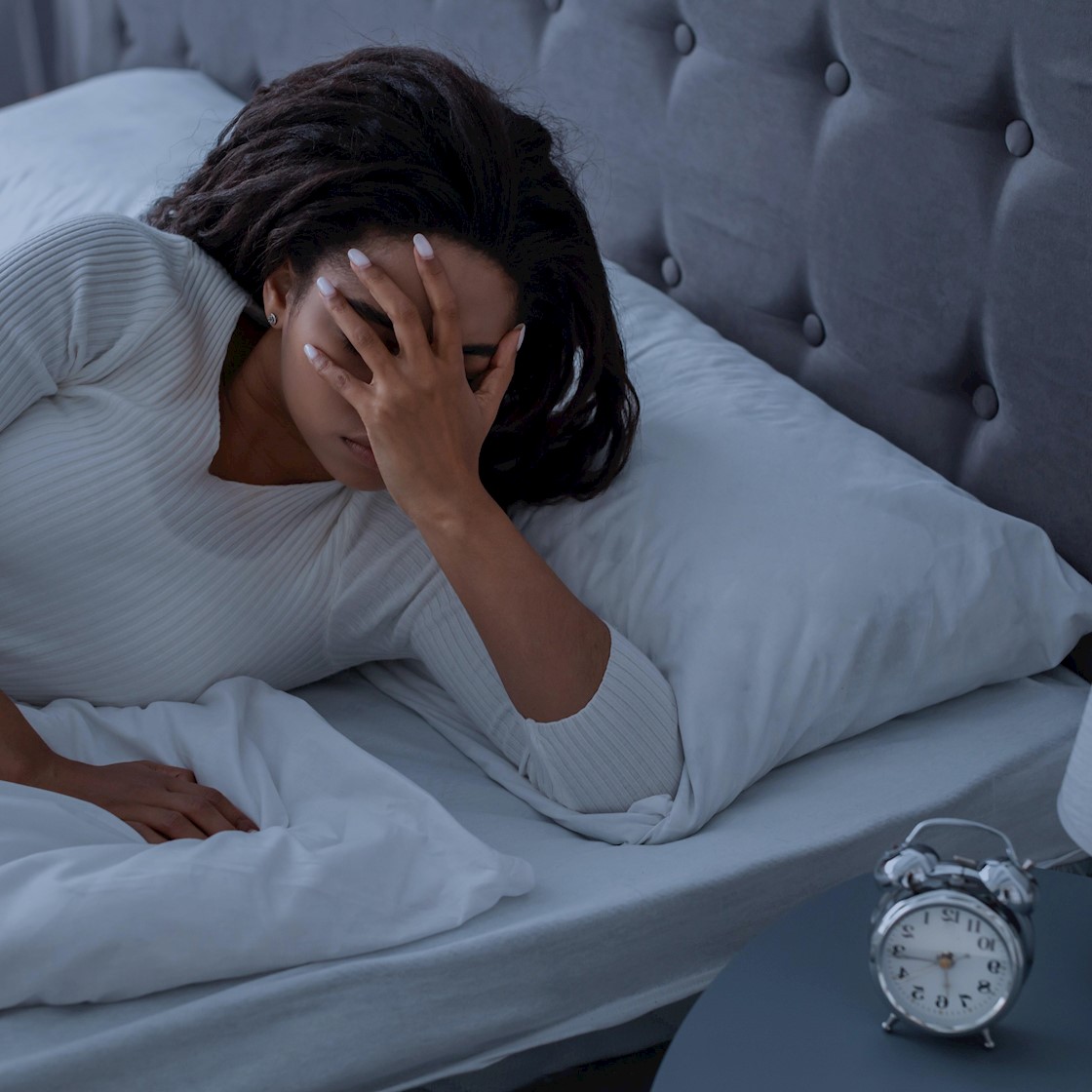Can poor sleep affect work in-clinic?
Nuffield Health’s 2023 ‘Healthier Nation Index’, which surveyed 8,000 UK adults, has highlighted that poor sleep is still a huge issue across the nation. On average, Brits are only getting 5.91 hours of sleep a night, this is down from 6.11 in 2022 and 6.19 in 2021.
Of those surveyed, only 36 per cent said their sleep was ‘good’, with the average healthy adult needing between seven and a half – eight and a half hours per night, equating to five sleep cycles.
This is especially concerning, given 11 per cent of respondents only get between two to four hours of sleep per night, and 36 per cent only sleep between four to six hours a day. Only eight per cent of us get more than the recommended eight hours per night.
For patients, bad sleep could affect their skin health and the long-term effects of aesthetic procedures.
Higher levels of cortisol that derive from lack of sleep cause blood vessels to swell and elevate oil production, leading to breakouts. Dark circles under the eyes can also be caused by or exacerbated by lack of sleep, and our immune systems can be affected when the body is deprived of sleep, leading to or worsening rashes and other skin-related problems.
Cell regeneration is meant to occur during the sleep cycle, so disturbed sleep could affect the results of a treatment that relies on the natural regeneration cycle of the skin.
In regard to the clinic environment, lack of sleep can have a negative impact on cognitive function, reducing employee productivity. Of those surveyed, 37 per cent said they were less productive after a poor night’s sleep.
Research also suggests poor sleep makes us twice as responsive to stress and can lead to bad emotional regulation and reduce our ability to make rational decisions. In a busy clinic environment, these issues could affect the functioning of the business, and also patient experience.
Luke Cousins, physiology regional lead at Nuffield Health, offered advice on how employers can play their part in creating holistic health interventions to enhance sleep quality among their workforces:
Lead by example
We know that poor sleep impacts our teams, but it has a negative effect on leadership styles too. Lack of sleep hinders your ability to employ self-control and makes it more likely you'll overreact to difficult situations.
Leaders can have a negative indirect impact on teamwork through sleep devaluation. This is when managers demonstrate behaviours like sending emails late at night, boasting about working late or praising others who do the same.
The effect this has on our teams is huge. Employees pay attention to these signals and may match their behaviour accordingly. Managers need to lead from the top down and ensure they are sending the right messages to their teams.
Prioritise sleep in your well-being strategies
Employees may not even realise they are having difficulties due to their poor sleep, so managers should receive the right training to recognise the signs and offer support when required. This creates an open dialogue around sleep concerns and shows a discussion about sleep is both welcomed and expected in the workplace and support plans can be created.
Signpost to support
Where signs of emotional difficulty are identified, employers should signpost individuals towards the relevant emotional well-being support available to them. As suggested by our study, stress from outside the world of work - like finances, addiction, or family problems - can negatively impact sleep. 36 per cent and 35 per cent of individuals said stress and anxiety were keeping them awake at night. These were the two biggest factors to impact sleep, followed by financial concerns (21 per cent).
Encourage lifestyle changes outside of work too
Responsible businesses should try to find ways to encourage lifestyle changes outside of work, to help boost the effects of the internal employee benefits they offer. Running internal talks and inviting sleep experts to discuss the impact of poor sleep and how to support those experiencing poor sleep, can be beneficial.


